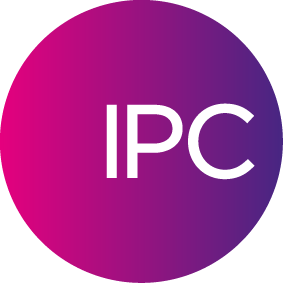Trading has always been based on trust – especially once money was introduced. Coins – made of specific metals and weighing a specific amount – were trusted to be of certain value. Then, less scrupulous individuals took advantage of that trust, enriching themselves by using coins made with base metals. Such shenanigans destroyed public trust and in certain instances brought about the fall of empires.
To keep markets healthy, trade communications and transactions amongst participants need to convey trust, too. Critical to success is an atmosphere where everyone feels they can confidently trade and their fellow participants have nothing to hide.
The techniques and technology used among market participants need to evolve to help eliminate and highlight any unscrupulous behavior and bolster trust. What used to be adequate for doing this is now insufficient. Boards and individuals must report their level of compliance in exactly the same way all institutions report their financial status, by audit.
For complete transparency, a 24/7 record across all voice and data channels for all transactions needs to be created. This means:
- relevant parties have to be identifiable
- conversations need to be capable of being placed on a timeline
- tone, pitch and basic flow have to be recognizable
Today, trading firms are scrambling to determine how they can best obey all the new rules while not being stuck with a poor return on investment due to overdoing it, or stiff fines from underdoing it. The market and regulators are going through a process of determining “What’s industry’s best practice and deemed good enough?”
This process is further complicated by differences in regulatory demands around the world. In the UK, the FCA directive is different from the demands in the US under the Dodd-Frank Act requirements and different again in Switzerland etc..
The systems put in place to meet requirements need to be flexible enough to different demands and ongoing changes and adapt to unforeseen circumstances while not affecting efficient communications. Systems need to be secure and capable of recording and archiving all communications to analyze in real time and the future – to convey honesty, transparency and oversight.
Fortunately, soft switch based products, which can act as policy engines as well as voice switches – and experienced teams to implement them effectively – exist today to help firms meet these evolving new requirements. By working closely with industry-savvy technology providers and upgrading infrastructures firms can implement processes, systems and best practices that result in improved reputations, trust and transparency crucial for all market players.
Operating in any other way might imply there is something to hide.

